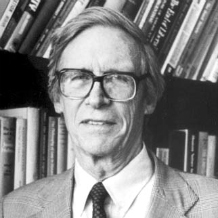Analytical Political Philosophy
Module Description
This module provides an advanced introduction to some of the most significant problems and approaches in contemporary analytical political philosophy. It focuses on the understanding and role of liberty and equality in the work of key political thinkers, and addresses a range of questions central to political theory, such as: Does liberty comprise lack of interference, or the ability to pursue our goals and projects? Should we try to ensure equality, or prioritise efficiency? Should we reward hard work and talent, or try to help the most in need? Do those with disabilities require special treatment, or equal treatment? Do we owe more to our fellow citizens than to those living on the other side of the world? Do we owe animals anything?
Module Objectives
- To acquire a thorough grounding in recent Anglophone analytical political philosophy.
- To develop critical and argumentative skills through seminar discussion and analysis of philosophical texts.
Preliminary Reading
Will Kymlicka, Contemporary Political Philosophy: An Introduction, (Oxford: OUP, 2002)
John Rawls, A Theory of Justice, revised edition, (Cambridge, MA: Harvard University Press, 1999)
Ronald Dworkin, Sovereign Virtue: The Theory and Practice of Equality, (Cambridge, MA: Harvard University Press, 2000)
Assessment
One essay of 4000 words (100% of total mark).
Every year our students' feedback helps us to improve our modules
“The seminar environment gave students the liberty to express their ideas freely.”

